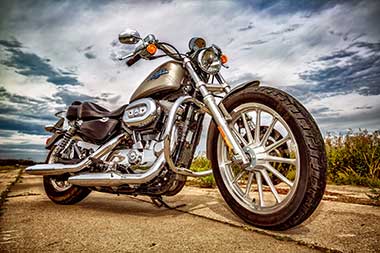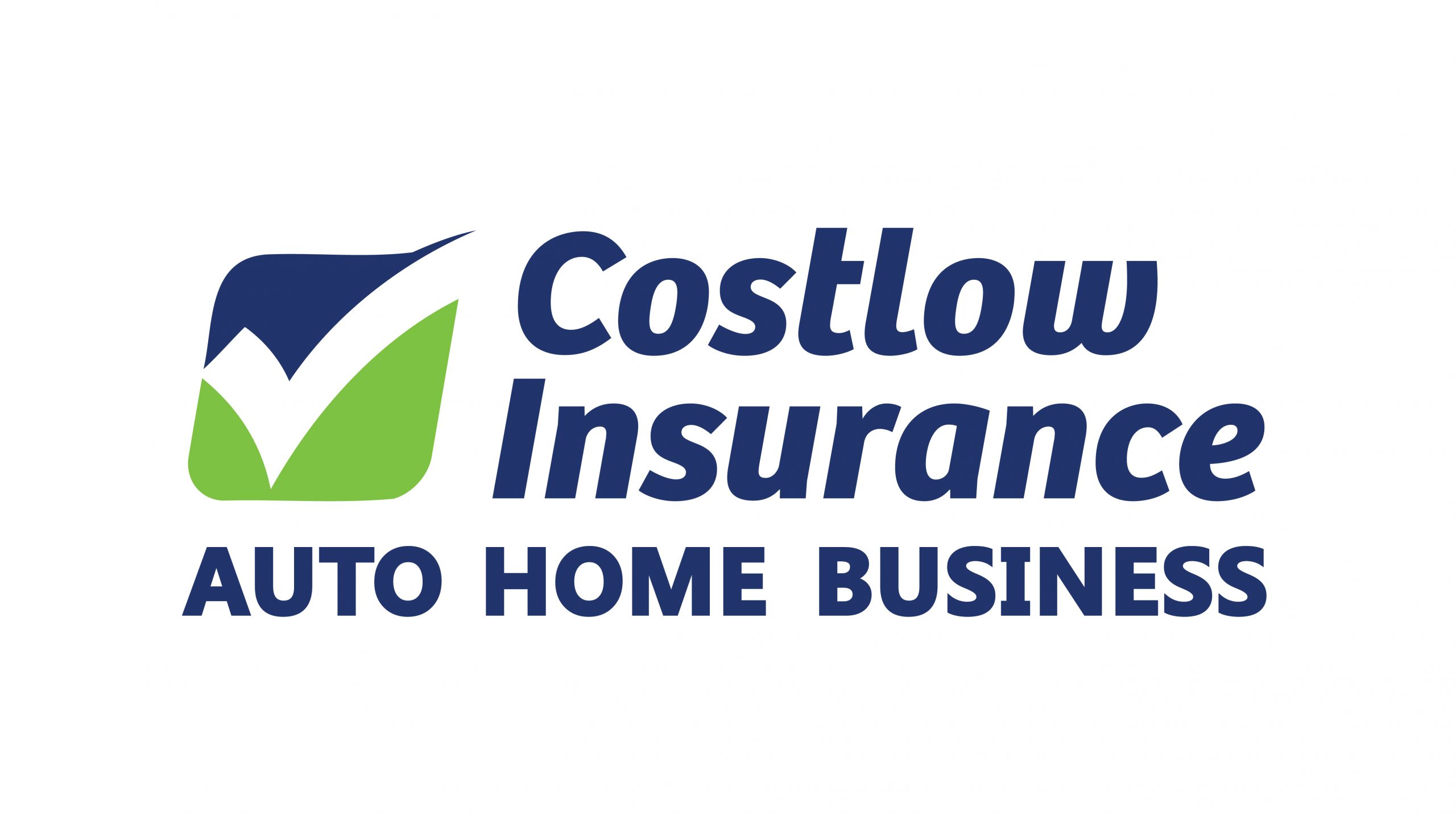
Motorcycle Insurance
 Choosing the right Motorcycle for yourself is important, as you obviously want it to fit your lifestyle, needs and budget. Choosing the right Motorcycle Insurance may be even more important as Motorcycles by their very nature are inherently dangerous.
Choosing the right Motorcycle for yourself is important, as you obviously want it to fit your lifestyle, needs and budget. Choosing the right Motorcycle Insurance may be even more important as Motorcycles by their very nature are inherently dangerous.
Motorcycle enthusiasts in Texas need to be aware of the fact that as of January 01, 2011 the state instituted a: ‘Texas State Financial Responsibility Law’, that now requires riders to maintain minimum liability limits of $30,000 for each injured person, up to a total of $60,000 per accident, and $25,000 for property damage per accident. This basic liability coverage is called 30/60/25 coverage. (There are fines and increasingly stiffer penalties for those who do not adhere to this law.)
What that means is riders must buy ‘Motorcycle Liability Insurance’. It is a separate insurance policy that covers bodily injury and property damage that you may cause to other people when you are at fault in an accident. It does not however cover you or your Motorcycle.
Although Texas now requires you to carry a minimum amount of motorcycle liability coverage, other types of coverage are available for your Motorcycle and are recommended. Always ask your insurance agent or company representative to review the other important coverages that may protect you from being sued and potentially incurring substantial financial loss.
In order to find out what coverage is best for you, it is important to understand all the coverage types available:
Liability Insurance(Satisfies State Basic Liability Coverage)
Liability insurance is the only coverage required by law in most states, but this insurance coverage level may not be enough. Liability coverage only pays other people for damage you do to them, their vehicles, or other property. Smart bikers will want to have more than just liability coverage on their motorcycle insurance.
PIP (Personal Injury Protection) or Medical Pay
PIP or Medical Pay are important coverages that may be offered through your insurance for first-party medical coverage, in the event you want to be reimbursed for bodily injury expenses you may incur. It’s also important to ask about Uninsured/Underinsured Motorist coverage as well, because if you are involved in a ‘not-at-fault’ accident it’s how you get protected if other drivers are negligent and don’t have insurance.
Collision Coverage
Collision Coverage is the next level of insurance coverage. Within coverage limits, it pays for repairs to your ride and whatever you hit. Riders who have collision coverage will want to ensure that the coverage limits are high enough. Within collision coverage are more specific sections such as property, medical, etc.
Comprehensive Coverage

Comprehensive coverage pays for situations that are not covered under liability or collision. Motorcycle theft is covered under comprehensive, as are storm damage and vandalism.
Contact an agent and/or call us at 972-463-8043 if you have any insurance questions or would like to set up an appointment.
Uninsured/Underinsured Motorist Coverage
Uninsured/Underinsured Motorist coverage covers damages to you and your property caused by another driver who either doesn’t have insurance (uninsured) or doesn’t have adequate insurance (underinsured) to cover your damages.
This coverage typically pays for medical treatment, lost wages and other damages. If your uninsured/underinsured motorist coverage includes property damage, then your Motorcycle would also be covered under the same circumstances. Check with your insurance professional to see if property damage is included or needs to be purchased separately.
Tips for the Cost-Conscious Rider
Many factors can affect how much you will pay in Motorcycle Insurance Premiums (what you pay for your insurance coverage), including:
1.) Driver’s Age and Driving Record
2.) Where the driver lives
3.) Model & Style (Sports Bike vs. Cruiser) and Age of the Motorcycle
4.) Number of miles the Motorcycle is driven each year
5.) Where the Motorcycle is stored
6.) Safety/Training Course
Many companies offer discounts on motorcycle insurance for graduates of Training Courses such as the Motorcycle Safety Foundation (MSF) Rider Course. Riders under the age of 25 usually considered at higher risk might see some savings by taking this course. It’s also a good idea for cyclists who have already had accidents to take the course.
It is basically recommended to take a safety course, as recent motorcycle safety trends have been positive, with the number of people dying in U.S. motorcycle crashes dropping 16 percent, from 5,312 fatalities in 2008 to 4,462 in 2009, according to the National Highway Traffic Safety Administration (NHTSA).
Maintaining a good driving record with no violations in 3-5 years may also help reduce your Premiums.
Find out what discounts your insurance company offers such as:
1.) Multi-bike Discount for those insuring more than one bike on the same policy
2.) Organization Discount
3.) If you’re a member of a Motorcycle Association
4.) Mature Rider Discount and Experienced Rider Discount
5.) Installation of Anti-Theft Device Discount
You may be eligible for Discounts. Be advised: Availability and qualifications for discounts vary in Texas from company to company and policy type to policy type.
Special Note: It is also important to ask about motorcycle accessories coverage for items such as add-ons, customizations (including custom paint jobs), aftermarket parts, and anything else you may have done to your bike since purchasing it. Be sure and cover these important points with your agent to make sure you have adequate coverage.
Remember discounts are great, but compare at least 3 different Motorcycle Insurers for your specific needs, coverage and value. Some companies offer fewer discounts but still have the best coverage value for your needs. Review this with your insurance agent.
Choose the agent or company that’s right for you. If you already have auto insurance, you may want to contact your agent, as most insurance companies in Texas that offer auto insurance also offer Motorcycle Insurance. Otherwise, ask friends, relatives and co-workers where they bought their auto or motorcycle insurance.
Your local motorcycle shop may have a motorcycle insurance company they refer customers to as well. Or you can check local motorcycle magazines, go On-Line, or contact the Texas Department of Insurance for reputable motorcycle insurance companies.

